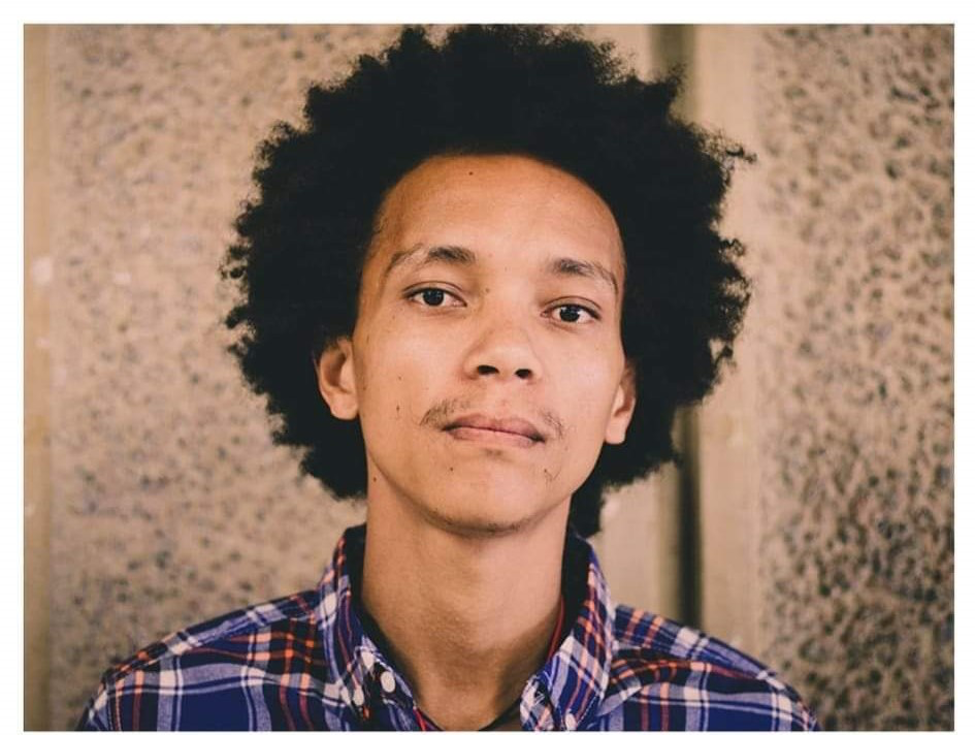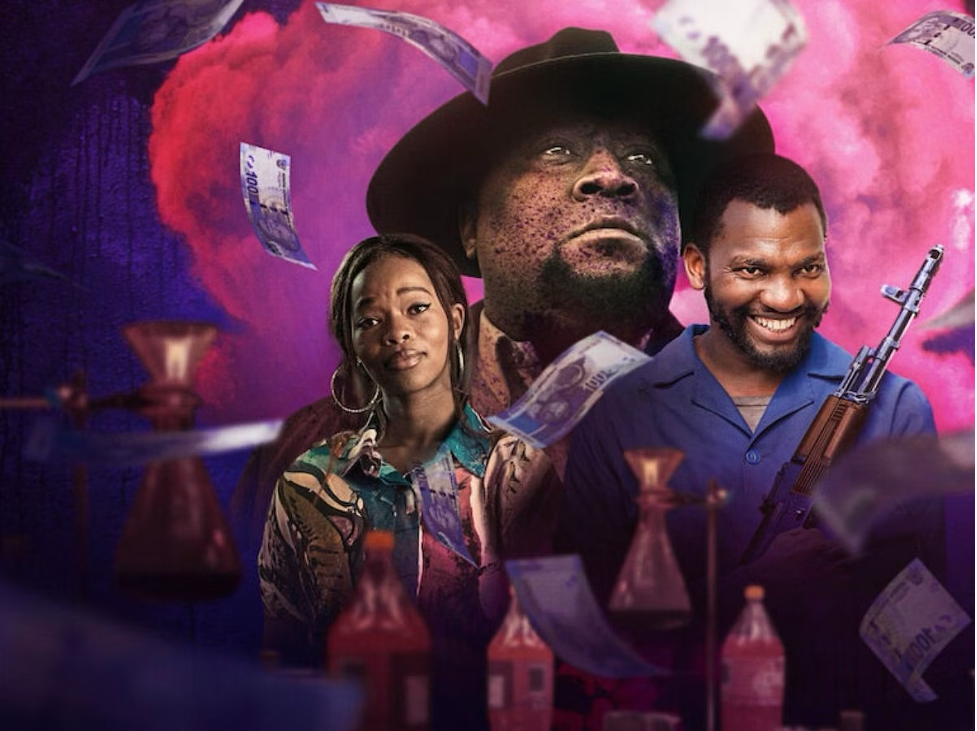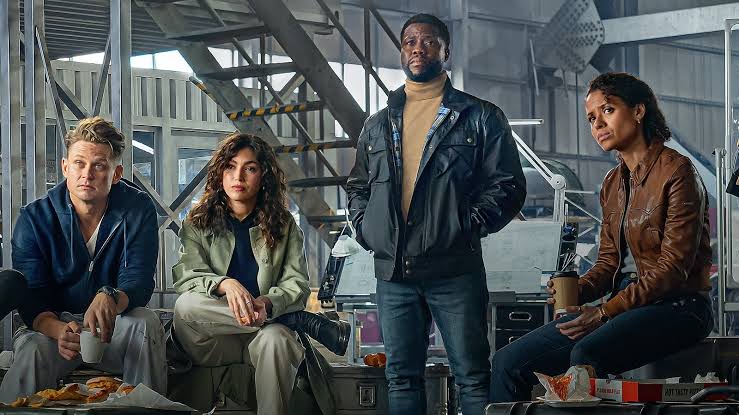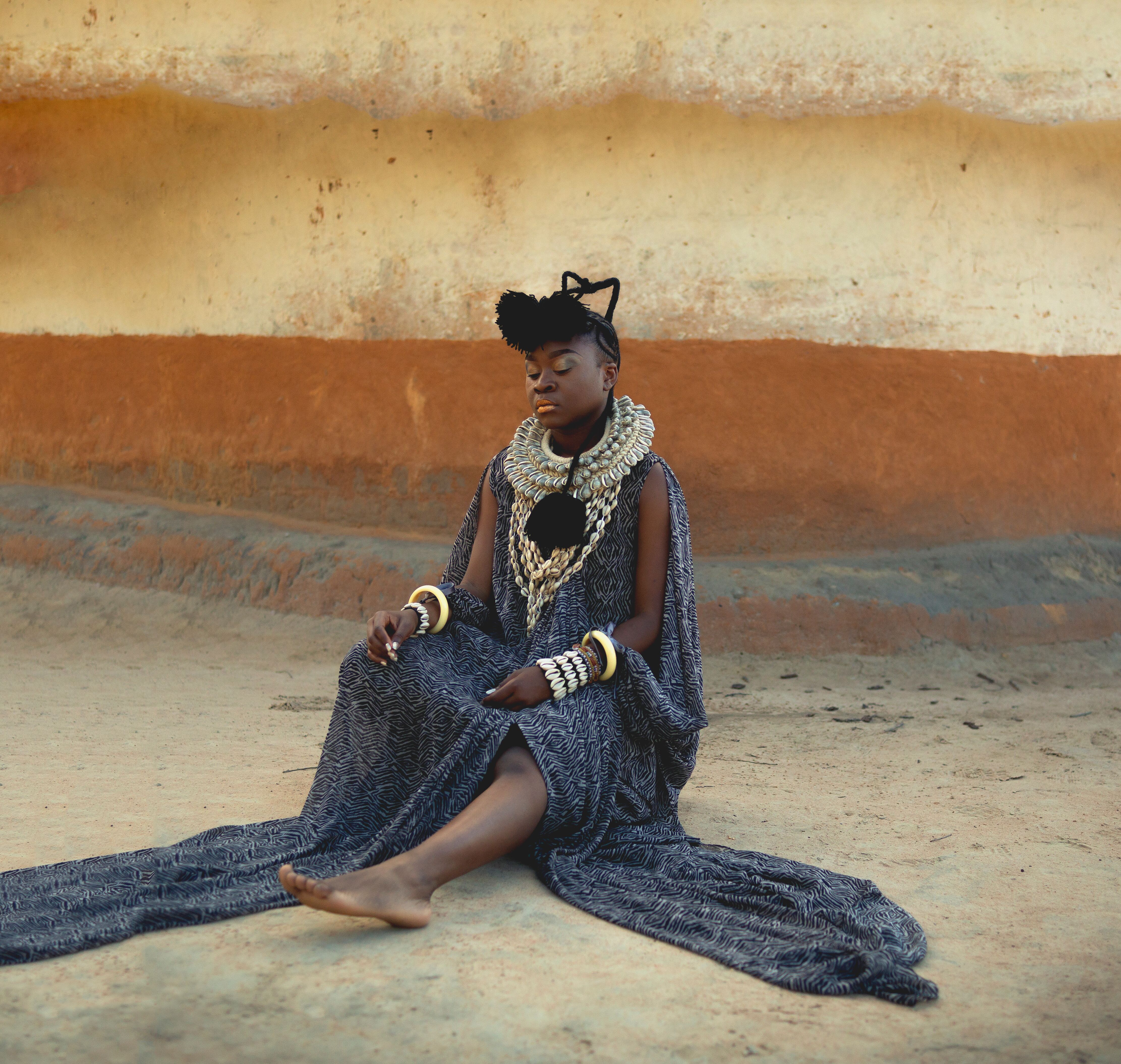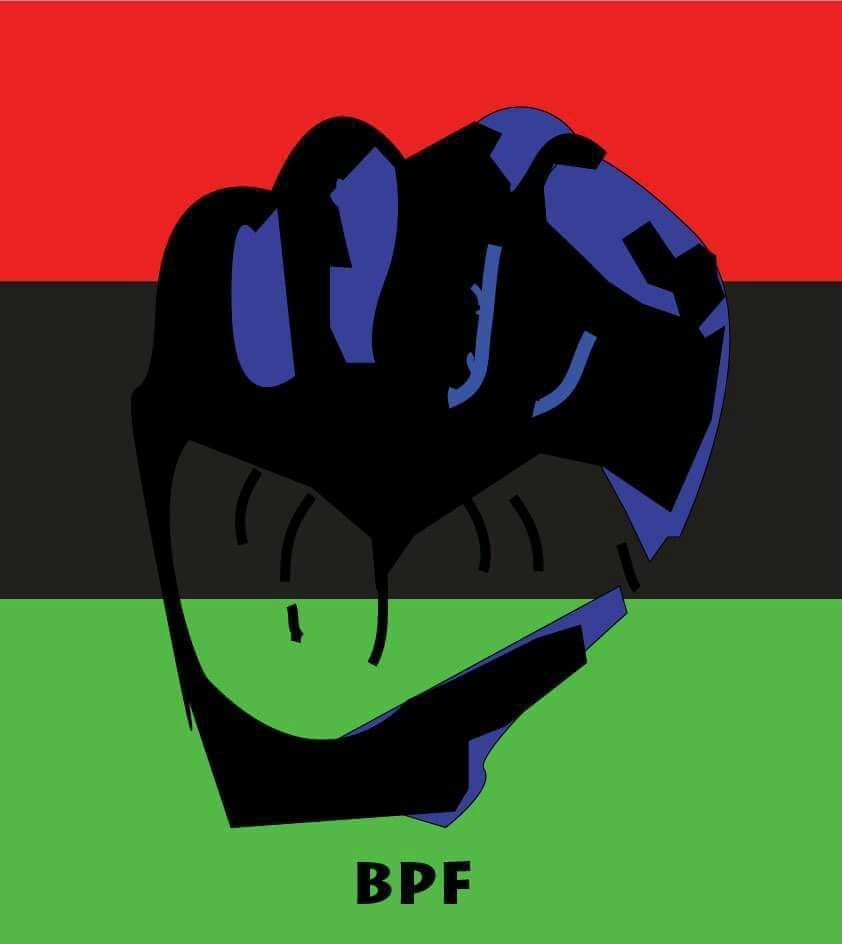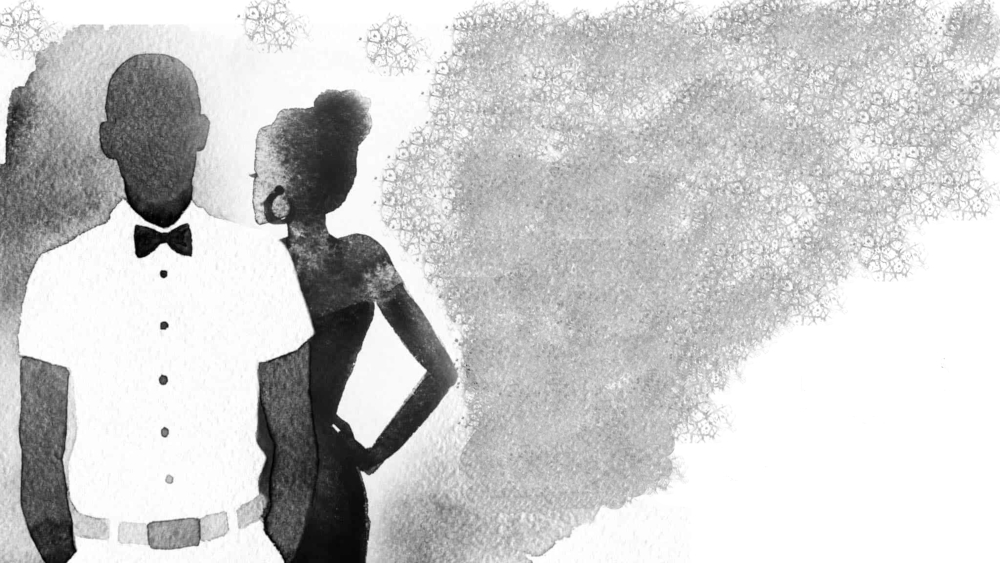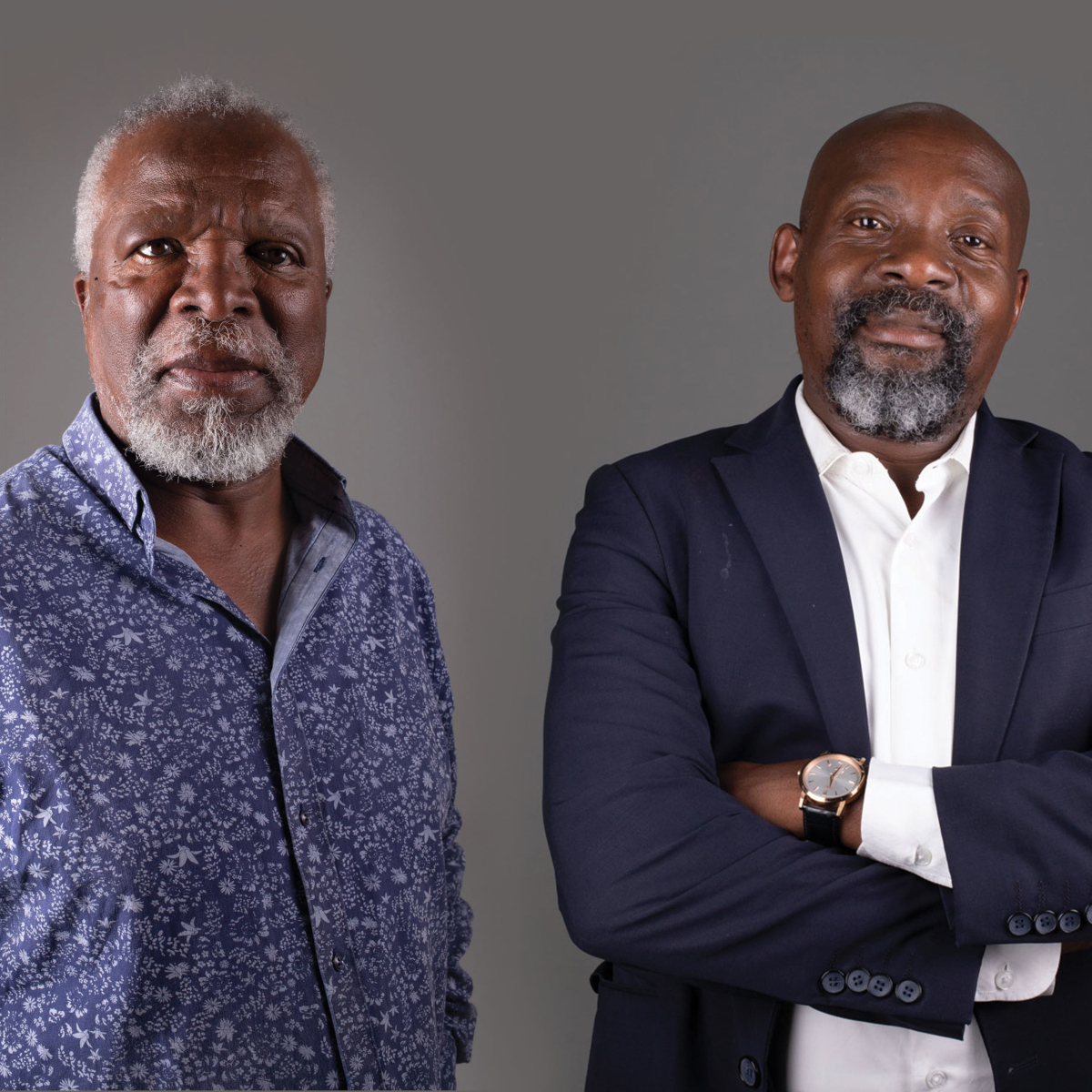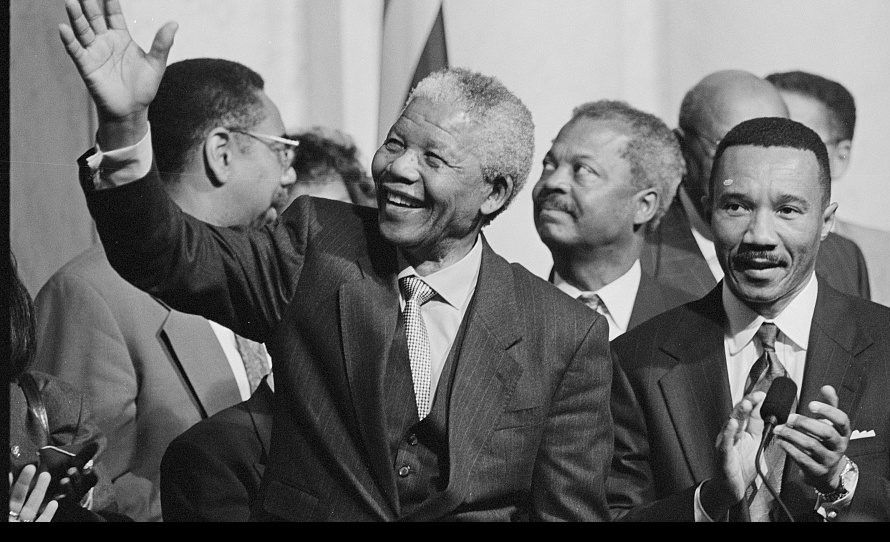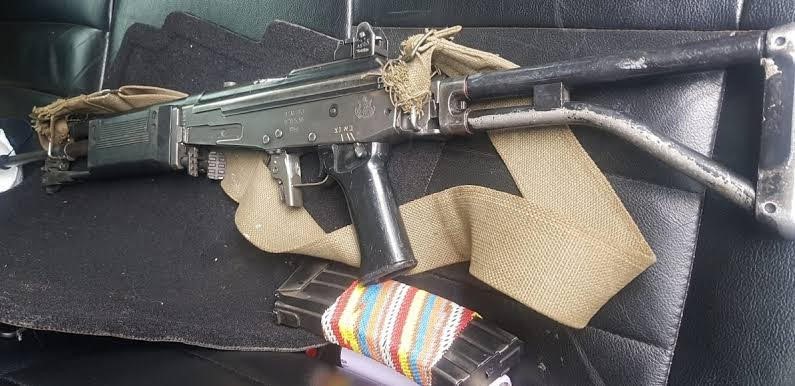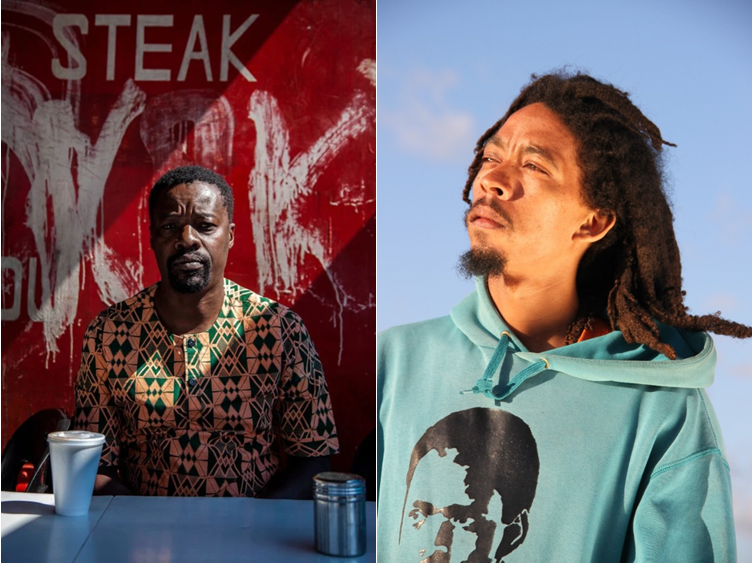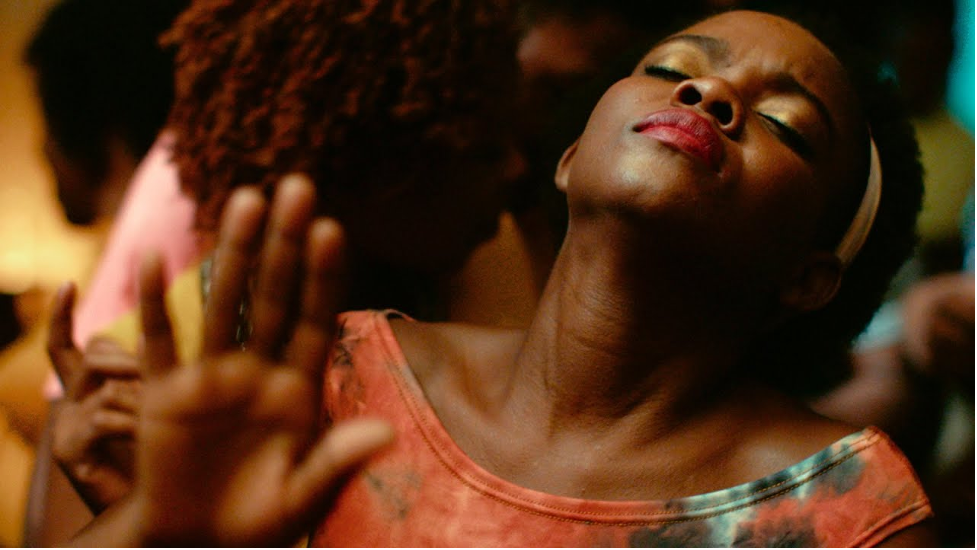A clear poetic adventure at 27th Poetry Africa festival
From performing his first memorized poem in 2005 at Zone 5 YMCA in Ga-Rankuwa- a township outside Pretoria- to gracing stages in the United States and Sweden, award-winning poet and host, Torsten Clear Rybka has come a long way from when we first met in the early 2000s. He has played key leadership roles in poetry organizations such as Word, Sound is Power art movement; Silent Thunder and Street Poetry- a poetry society at Tshwane University of Technology (TUT). He has kept poetry devotees in stitches and joyful tears as the host with the most puns at art events for Hear My Voice and Black Labone. As a host for some of the days at Poetry Africa 2023, his skillful sway with the audience was no different. His passion for poetry is clear as fire but remains as humble as ever in sharing his work. His knowledge of South Africa’s poetry industry is seen when introducing performers, judges, and stakeholders as he hosted the Slam Jam semi-finals in Johannesburg and finals in Durban. “Poetry Africa was everything for me, from the moment I got an email from them, inviting me to come to be part of the festival until the last day” says Rybka, who is also an organizer and mentor at Speak Child poetry movement. Driven by the theme #voteforpoetry- More Than Words, the 27th edition of Poetry Africa 2023 took place on 5-17 October. In addition to the usual venue in Durban, for the first time, the poetry festival was also held in Johannesburg and Bloemfontein. Bringing together poets from across the continent including the United States, the festival was a celebration of this ancient art form of crafting thoughts and emotions into words of wonder. As he rested after an exciting few weeks, we had a conversation about his experience at Poetry Africa and his journey as a performer.
RSM: Congratulations on being part of one the biggest poetry festivals in Africa, tell us more about your experience at Poetry Africa 2023 as a host and poet.TCR: Hosting was a joy, being able to make the crowd feel at home while consuming poems that they related with and got some sense of healing. Being on that stage as a poet as well was a revelation for me, it was my first time performing in Durban and my first time performing in Bloemfontein Pacofs. I was received well, and people fell in love with my work from the first word that I uttered to the last one. I felt at home and it was written in the stars that I was meant to be there. The hospitality was amazing, the organizers made a mission that poets are taken care of, and they made sure that poets get to their destinations on time and accomplish their duties.
RSM: Is there a different approach/space you go into when performing poetry vs. hosting?
TCR: I have different approaches when it comes to hosting poetry shows and when I am performing at poetry shows. When I am hosting a poetry show, I make sure to gather as much information about the show as possible, so that I can make sure that everything and everybody is represented well (names of people, names of the organizations, names of sponsors, etc.) I also make means to add my own flavor by adding validity to the show. People come to poetry shows to escape their realities, knowing that they come for some healing through the poems. Often poets bring poems with heavy and triggering content, so I use humor along with puns here and there just to make things lighter in between poems rendered. When performing as a poet, I get into the zone for the performance and make sure that I get my set together and take time before getting on stage to align my mind, body, and soul for the performance. I would go through my set of poems before ascending the stage and make sure that I stick to it and feed off the energy coming from the crowd.
RSM: Basically being on stage is no pap, chicken, and gravy on Sunday. This is why I loved how you gave a picture of the grueling process of writing and performing a poem when one of the semi-finalists at the University of Johannesburg forgot her lines. You reassured the young aspiring poets- back stage and in the audience- to essentially dust themselves off and continue putting in the work. As a performer how do you deal with such challenges on stage: stage fright, forgetting lines, and so forth?
TCR: There are a lot of techniques to use to avoid “dying” on stage that can help you to recover and be able to deliver a brilliant performance. I always add humor to my sets to overcome nerves. Once I get the crowd to laugh, I know I have them in the palm of my hand. That helps a lot with stage fright for me because nerves never get old no matter how many times one gets on stage and performs. With forgetting lines, there are a couple of tricks to use. One can do some freestyling, one can use dramatic pauses (that can also make or break you, depending on how well it is used), and one could also use repetition to jog one's memory to get the poem back.
RSM: Speaking of dying and drama on stage, you have participated in poetry slams like Word N Sound. What is your view on a poet participating in competitive poetry events such as the Slam Jam at Poetry Africa, to slam or not to slam?
TCR: Slams have been a big part of the poetry industry for the past ten years in South Africa. Careers were developed from such platforms and a lot of poets got huge recognition from such. Slams bring the best out of poets and they deliver brilliant work when they get on that stage. It’s a competitive sport in the realm of spoken word; one needs a serious thick skin when one goes there to compete. I cannot say one should or should not slam, whoever feels it, knows it. One should just take themselves seriously when they get themselves in such corners. Honestly speaking, however, slams also develop egos and big heads that can make or break one in the public eye. I have seen a lot of poets in such positions, and some have fallen short of grace and some thrived on it and made the best of it. One must and I mean MUST!! be prepared for anything and everything when it comes to slams. A poet can be his or her own worst enemy just by picking the wrong poem or coming in not being prepared at all.
RSM: I hear you saying poetry is an industry, growing up in a township “study and get a real job” were usual echoes from frustrated parents towards young creatives, can poetry be a sustainable income stream to make a living and even build a career?
TCR: Poetry in South Africa has grown by leaps and bounds; it has become an industry that is recognized in public and corporate spaces. Now more than ever, in events that take place in the country, people look for poets to be incorporated into events to perform. Once again, such platforms as slams have put poetry and poets on the map. Slams have cash prizes attached to them and that makes so much of a difference for poets. Since poetry is becoming a viable industry, poets are now hired for voice-over jobs; to write articles; proofread books, and conduct workshops in schools. I say that there is a market for anything and everything, one must just find themselves in the right space and get to know the right faces to penetrate the market. There is money in poetry; it is all about how one makes it happen and how one can turn themselves into a brand that is worth buying into.
TCR: Oh man. Look, there are a lot of phenomenal poets in the landscapes of South Africa, upcoming poets and poets that are already paving a way for themselves, including poets from the Speak Child poetry movement that I am grooming. All that I can say is this, poetry is in safe hands and the future of poetry in South Africa is promising. We, the poets that have and are still doing the work will be super proud of what we have done and what we are doing in these current times. In the next 5 years, the poetry industry won’t be the same, it will flourish and blossom in ways that we will never expect, watch this space//
Unapologetically representing Ga-Rankuwa, Pretoria with his might and glory, Torsten Clear Rybka- also a director and photographer- is a force to be reckoned with in contributing to poetry in South Africa. A forever smiling gentle brother who walks with a radiant aura that lights up any stage, he is truly deserving of all the slices of fruit cake heaven has to dish out. Asked why he should vote for poetry during the Poetry Africa festival, Rybka said- “Poetry has healed so many souls both on and off stage. And if poetry was a human, I would vote for it to be the president of the universe”.
Rolland Simpi Motaung 2023

